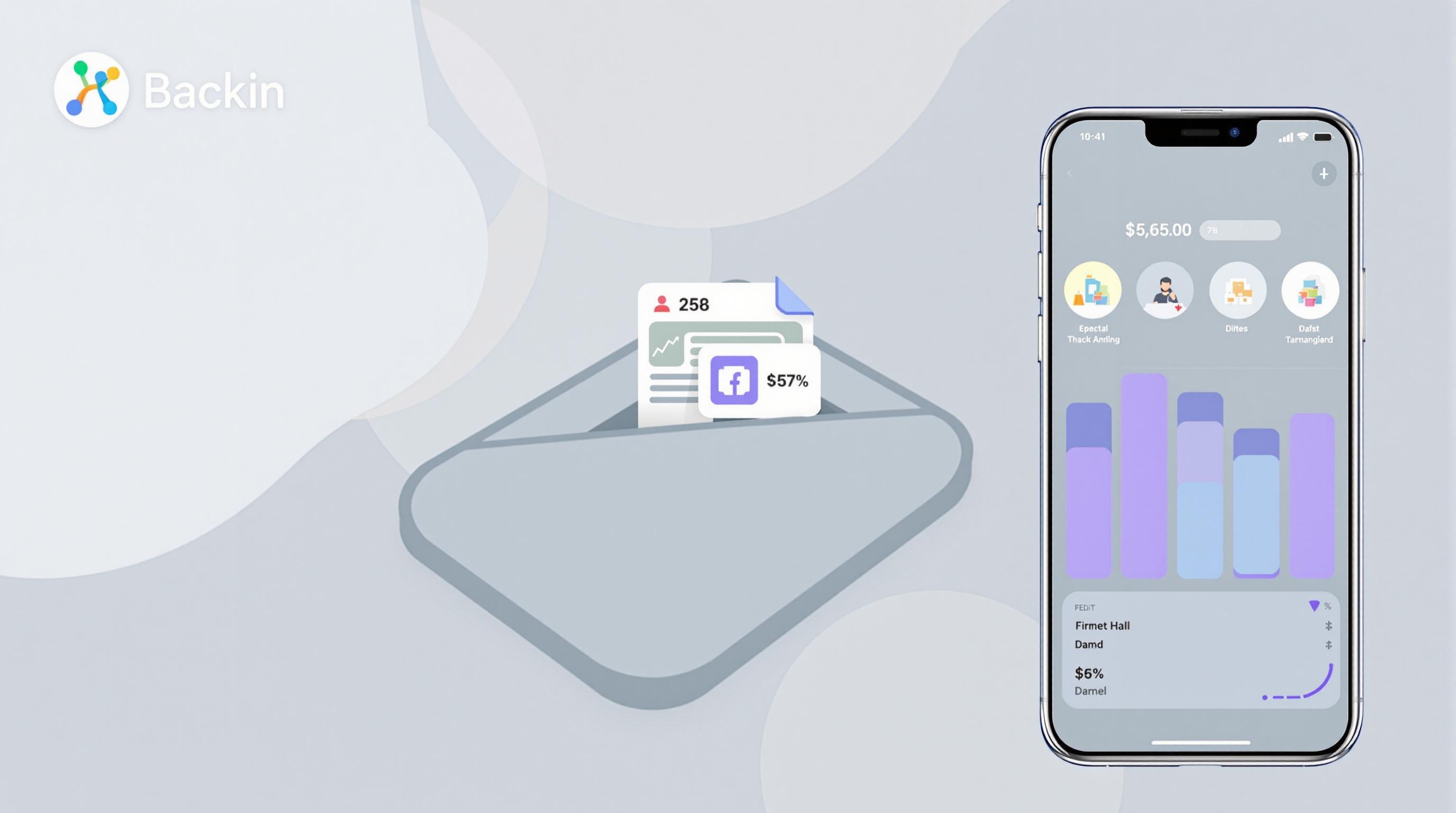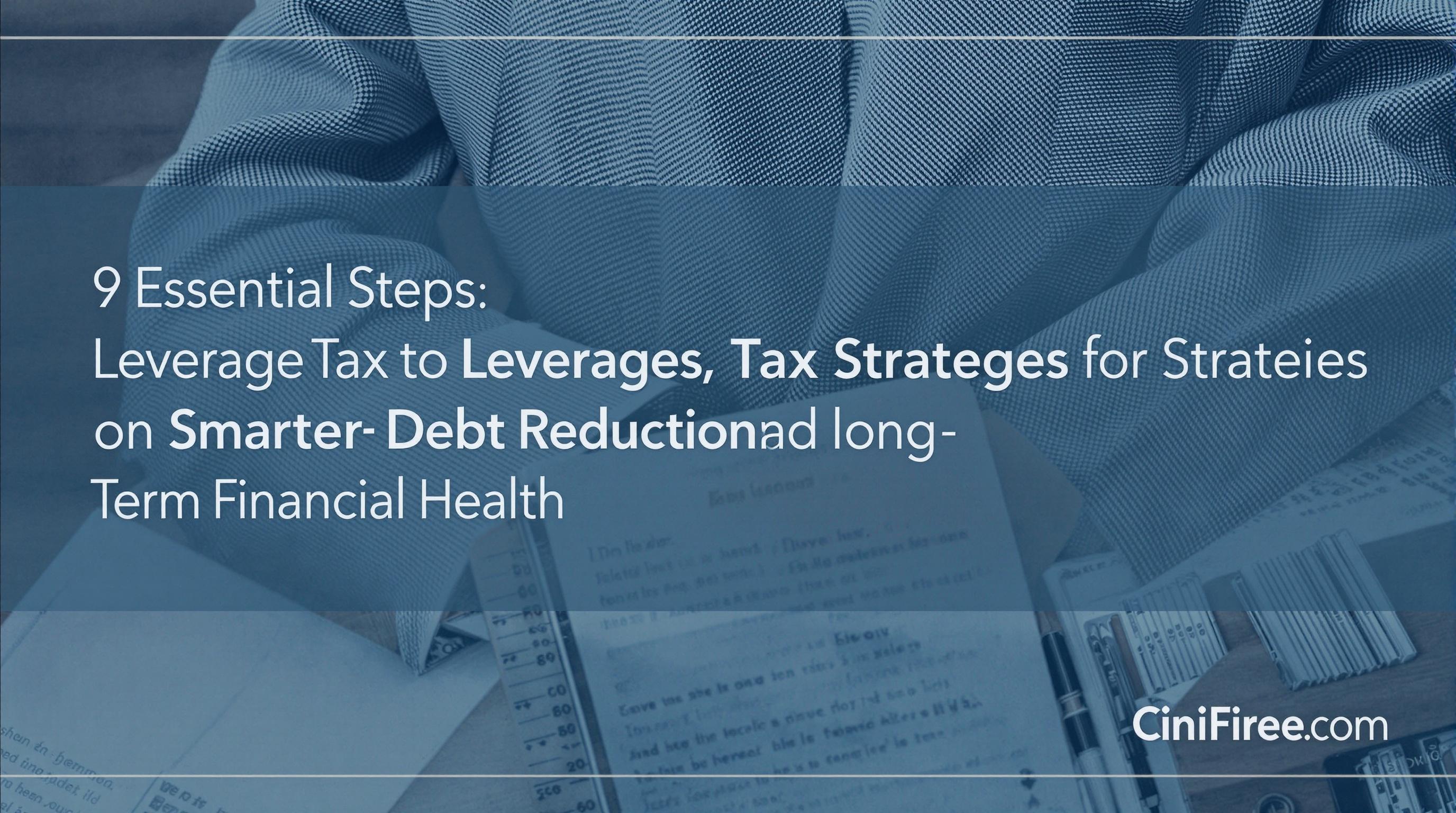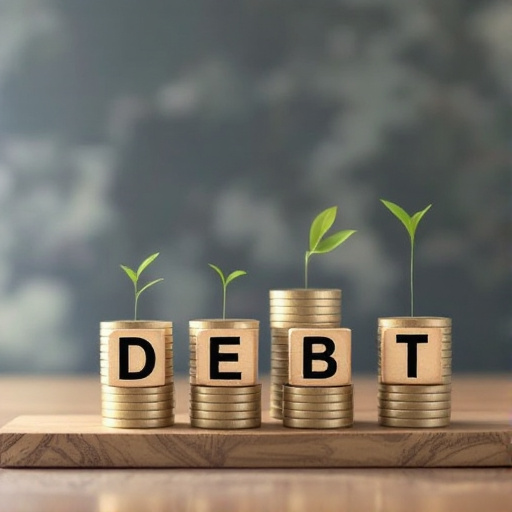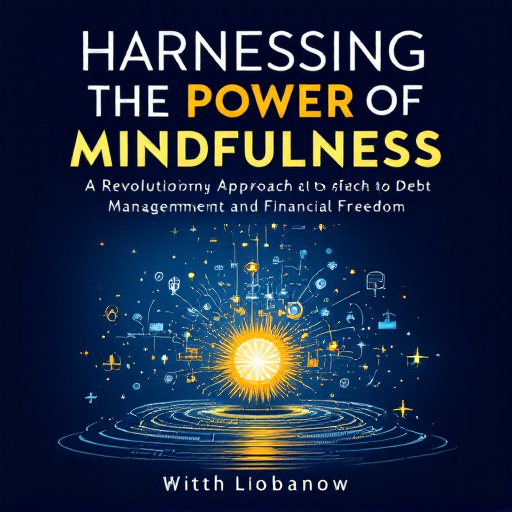Featured Articles
- 9 Essential Steps to Leverage Tax Strategies for Smarter Debt Reduction and Long-Term Financial Health
- Beyond Budgeting: The Surprising Role of Minimalism in Effective Debt Management
- "Debt Management in the Age of AI: Can Algorithms Help You Break Free from Financial Chains?"
- Harnessing the Power of Mindfulness: A Revolutionary Approach to Debt Management and Financial Freedom
- The Psychology of Debt: How Emotional Spending Fuels Financial Mismanagement
Top 6 Innovative Budgeting Apps Launched Since 2019 That Actually Help Slash Your Debt Faster
Top 6 Innovative Budgeting Apps Launched Since 2019 That Actually Help Slash Your Debt Faster
Managing debt can feel like an uphill battle, but innovative budgeting apps launched since 2019 offer fresh, effective tools to help you dominate your finances and achieve freedom faster. This article explores six standout apps that combine smart technology with user-friendly designs to turn budgeting from a chore into a powerful debt-slaying strategy.
A Story of Transformation with Tally
At 55, after decades of juggling credit cards, I discovered Tally, and it felt like meeting a financial therapist for the first time. Tally is not just an app; it's a debt manager that automates credit card payments, selecting the lowest-interest debt to pay down faster. Its algorithm calculates the most efficient payment plan—like having a CFO whispering in your ear. Within six months, I cut my credit card interest by nearly 20%, freeing up more money to accelerate debt repayment.
Conversationally Effective: Truebill’s Subscription Sweeper
Ever caught yourself paying for subscriptions you forgot you had? You're not alone. Truebill (now Rocket Money), launched an upgraded version in 2020 that’s a chatterbox on your bills, detecting unwanted recurring charges and letting you cancel with a tap. Millennials and Gen Zers—who statistically carry an average of $4,200 in credit card debt—find this handy because those sneaky expenses add up fast. Imagine reclaiming tens of dollars per month without lifting a finger, just by decluttering your subscriptions.
Formal Insights on Empower: Budget with a Cause
Empower, a fintech app refined post-2019, combines budgeting with ethical spending insights and cash-back rewards. Grounded in financial psychology, Empower integrates user goals with daily spending habits to nudge users toward saving rather than overspending. According to a 2022 Journal of Consumer Finance study, users of apps that personalize financial nudges are 30% more likely to reduce debt sustainably. Empower’s dashboard, reminiscent of a fitness tracker, motivates users by tracking “debt fitness” progress in real-time.
Humor Meets Finance: Simplifi by Quicken
Who knew budgeting could come with a laugh? Simplifi injects a dose of personality into money management—it uses playful notifications like, "You're on a roll!" for sticking to limits. Released in 2019, it’s beloved for transforming stiff spreadsheets into relatable narratives about your spending habits. This lighthearted approach helps reduce the intimidation factor, critical because 68% of Americans say money stress affects their daily mood (American Psychological Association, 2023). When budgeting feels fun, people stick to it longer.
Casual Yet Powerful: YNAB’s Game Plan
Listening to real users aged 18 to 50 on forums like Reddit confirmed what I saw firsthand: You Need A Budget (YNAB) keeps debt whittling simple by emphasizing “giving every dollar a job.” Its method, refreshed with features added since 2019, promotes forward-thinking spending. For example, the “Age of Money” metric measures how long your dollars have been in your account—longer = less financial stress according to YNAB’s research. It's a no-nonsense, casual tool favored by those new to budgeting but serious about tackling credit cards and loans efficiently.
Persuasion Through Science: Debt Payoff Planner Plus
Debt Payoff Planner Plus dazzles users with customizable payoff strategies, scientific calculation models, and progress animations that reward persistence. Since its 2019 overhaul, users can simulate "what-if" scenarios—for instance, “What happens if I increase my payment by $50 monthly?” According to a 2021 survey by NerdWallet, users who simulate payment acceleration plans are 40% likelier to become debt-free within five years. This app is your personal financial lab, encouraging experimentation and commitment.
Case Study: How Michelle Paid Off $12,000 Credit Card Debt Using Apps
Michelle, 29, combined four of these apps to break free from $12,000 in credit card debt within 24 months. Starting overwhelmed, she used Truebill to cut subscription fat, Empower for budget discipline, YNAB to assign monthly spending limits, and Tally to handle credit card order payments automatically. Her secret? Consistency and leveraging features smartly according to each app’s strengths. Michelle’s story echoes a growing trend: holistic app ecosystems can recreate the power of expensive financial advisors at a fraction of the cost.
Technology and Mindset: It Takes Both
Innovative budgeting apps launched post-2019 highlight not just advanced algorithms but changes in user mindset. While fancy features attract, what truly slashes debt faster is daily engagement and accountability. As an advocate for mindfulness in money management, I believe these tools help cultivate awareness around spending triggers and empower healthier financial habits. After all, debt reduction is as much psychological as it is mathematical.
In conclusion, whether you enjoy a conversational nudge like Truebill’s subscription sweeper, need the discipline eyewear offered by YNAB, or desire the nerdy precision of Debt Payoff Planner Plus, there’s an app tailored to accelerate your debt freedom journey. These six innovators launched after 2019 blend technology, psychology, and user-centric design, reshaping how millions approach budgeting—and slashing debt faster isn’t just possible; it’s becoming accessible to all.




